VAT for Healthcare Providers in the UAE: A Comprehensive Guide
The UAE introduced Value Added Tax (VAT) in 2018, and while it’s become a familiar part of most business transactions, its application within the healthcare sector presents some unique complexities.
Healthcare, by its very nature, involves a delicate balance of essential services, specialized treatments, and varying levels of care. This translates to a nuanced VAT landscape where some services are exempt, others are zero-rated, and still others fall under the standard VAT rate.
For healthcare providers – from bustling hospitals and clinics to individual practitioners – understanding these distinctions is not just a matter of compliance; it’s crucial for financial health and operational efficiency.
This comprehensive guide aims to demystify VAT for healthcare providers in the UAE. We’ll break down the rules, clarify the exemptions and zero-ratings, and provide practical insights to help you navigate the VAT landscape with confidence.
Learn about the accounting challenges in the healthcare sector here.
Understanding VAT in UAE Healthcare: The Basics
VAT is a 5% consumption tax in the UAE. Healthcare has special rules: some services are exempt (no VAT charged or reclaimed), some are zero-rated (no VAT charged, but VAT on costs can be reclaimed), and some are standard-rated (5% VAT charged).
- Exempt: Basic healthcare, preventative treatments (no VAT charged, no VAT reclaimed on costs).
- Zero-Rated: Specific medical treatments, some medicines (no VAT charged, but VAT on costs can be reclaimed).
- Standard-Rated: Cosmetic procedures, some elective treatments (5% VAT charged).
This matters because it affects pricing and how much VAT healthcare providers pay or reclaim. It’s complex, so understanding the categories is essential.
VAT Treatment of Medical Services: What's What
Here’s a simplified breakdown of how VAT applies to common medical services in the UAE:
- Exempt: These services are VAT-free. Think basic, essential healthcare. Examples include:
- Preventative medical treatments
- Basic healthcare services (as defined by the Ministry of Health)
- Inpatient hospital services
- Certain diagnostic services
- Zero-Rated: These services also don’t have VAT charged to the patient, and the healthcare provider can reclaim VAT paid on related costs. Examples include:
- Specific medical treatments (as defined by the Ministry of Health)
- Certain pharmaceutical products
- Specific medical devices and equipment
- Standard-Rated: These services are subject to the standard 5% VAT. Examples include:
- Cosmetic procedures
- Some elective treatments
- Wellness services not considered essential healthcare
This list isn’t exhaustive, and the specifics can change. Always check with the FTA or a tax professional for the most up-to-date information.
VAT on Medicines and Pharmaceuticals
Most prescription meds in the UAE are zero-rated (no VAT for patients, pharmacies can reclaim VAT on their costs). This keeps essential treatments affordable. However, over-the-counter drugs often have 5% VAT.
New medications can be tricky too – their VAT status isn’t always clear. Pharmacies need to stay updated on the latest rules from the FTA to avoid problems. It’s best to check with a tax expert.
VAT Implications for Different Healthcare Providers: Tailored Approaches
VAT impacts various healthcare providers in unique ways:
- Hospitals & Clinics: They handle a mix of exempt (inpatient stays, basic treatments), zero-rated (certain procedures, medications), and standard-rated (cosmetic procedures, some elective treatments) services. Their in-house pharmacies also navigate the medicine VAT complexities. Accurate billing and proper allocation of VAT categories are crucial.
- Pharmacies: Primarily focused on dispensing medications, they must correctly apply zero-rating to eligible prescriptions and 5% VAT to over-the-counter items as needed. Managing prescriptions and staying updated on changing drug classifications is key for compliance.
- Diagnostic Centers: Offering services like lab tests, X-rays, and imaging, these centers generally fall under the standard 5% VAT rate for their services. However, they need to be aware of the VAT implications on the purchase of specific equipment and supplies.
- Other Providers (Dentists, Physios, etc.): Their services may have a mix of VAT treatments, depending on the specific procedures. Dentists, for example, might have standard-rated cosmetic procedures alongside exempt restorative work. Physiotherapists’ treatments could also fall into different categories. It’s essential for these practitioners to understand the specific VAT rules related to their services.
Common VAT Mistakes in Healthcare (and How to Avoid Them)
Healthcare providers, due to the complex VAT rules in their sector, can easily make mistakes. Here are some common pitfalls and how to avoid them:
- Incorrectly classifying services: Mixing up exempt, zero-rated, and standard-rated services is a frequent error. Tip: Create a clear, documented list of your services and their correct VAT classification. Review it regularly, especially when introducing new services.
- Misunderstanding medicine VAT: Assuming all medications are zero-rated can be costly. Tip: Always double-check the VAT status of over-the-counter medications and consult with a tax professional if you’re unsure.
- Incorrectly claiming input VAT: Claiming input VAT on exempt supplies is a common mistake. Tip: Carefully track your purchases and ensure you only claim input VAT on zero-rated and standard-rated purchases related to those specific services.
- Failing to keep proper records: Inadequate record-keeping can lead to problems during a VAT audit. Tip: Maintain meticulous records of all sales, purchases, and VAT invoices.
- Not staying updated: VAT regulations can change. Tip: Subscribe to FTA updates and consult with a tax professional to stay current on the latest rules.
- Not training staff: If your staff isn’t properly trained on VAT, mistakes are more likely. Tip: Provide regular VAT training for all staff involved in billing and financial transactions.
- Ignoring free zone rules: Free zone VAT rules can be different. Tip: If you operate in a free zone, make sure you understand the specific VAT regulations that apply to your business.
By being aware of these common mistakes and implementing the recommended tips, healthcare providers can significantly improve their VAT compliance and avoid costly penalties.
Seeking Professional VAT Advice: Your Healthcare Practice Deserves It
Let’s be realistic: VAT in healthcare isn’t simple. The nuances of exempt, zero-rated, and standard-rated supplies, coupled with ever-evolving regulations, can make it a real headache. Trying to manage it all yourself while running a busy practice can be a recipe for stress and potential compliance issues.
That’s where a specialized VAT advisor can be a true asset. Think of it as an investment in your peace of mind. A skilled professional can provide clarity, ensuring you’re not only compliant but also maximizing any potential benefits.
At PROFITZ ADVISORY, we understand the specific VAT challenges faced by healthcare providers in the UAE. We go beyond simply reciting the rules. We work with you to:
- Develop a tailored VAT strategy that aligns with your unique practice and financial goals.
- Identify opportunities for optimization, ensuring you’re not leaving any money on the table.
- Provide ongoing support and training, keeping you informed and confident in your VAT handling.
We believe that proactive VAT management is essential for the long-term success of any healthcare practice. It’s not just about avoiding penalties; it’s about making smart financial decisions that support your mission of providing excellent patient care. Let’s talk about how we can help.
Learn how to calculate your VAT here.
Conclusion
VAT in the UAE healthcare sector presents a unique set of complexities. From correctly classifying services and supplies to staying updated on ever-evolving regulations, navigating the VAT landscape can be a significant undertaking. However, with a clear understanding of the rules and the right support, you can ensure compliance, optimize your financial operations, and focus on what matters most: delivering exceptional patient care.
PROFITZ ADVISORY is here to be your trusted partner in navigating the intricacies of VAT in healthcare. We’re committed to providing expert guidance, tailored solutions, and ongoing support to help you confidently manage your VAT obligations.
Ready to simplify your VAT management and gain peace of mind?
Contact PROFITZ ADVISORY today for a free consultation. Let’s discuss how we can help you thrive in the UAE healthcare market.








